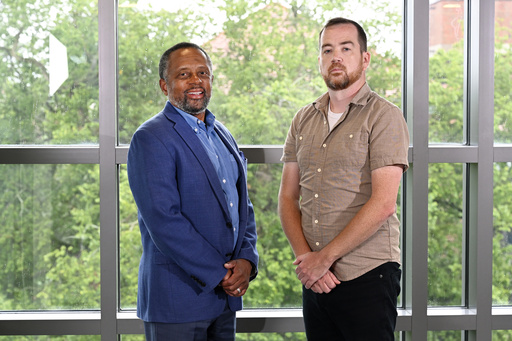
Forward Through Ferguson, a nonprofit in Missouri, was established in 2015 to address societal changes following the Ferguson Commission report in response to the police shooting of Michael Brown Jr. and the subsequent riots. The organization, along with similar entities, received substantial financial support from various corporations and philanthropic organizations, including Anheuser-Busch, the Bill & Melinda Gates Foundation, and the NBA Players Association Foundation.
Although there was an initial influx of support, Forward Through Ferguson’s Executive Director, Annissa McCaskill, revealed that some commitments were not honored, and funding dried up from certain groups citing shifting priorities. Despite not receiving million-dollar donations, the organization saw an increase in funding following the death of George Floyd in 2020.
Through donations and revenue generated from racial equity training for government departments and businesses, Forward Through Ferguson expanded its team from five to ten employees in the past year. While McCaskill acknowledged that funding sometimes comes in small increments, she expressed a desire for more sustainable, general operating funding.
Corporate involvement in community donations can stem from various motivations, including altruism, business interests, and employee retention. Recent trends indicate that more corporations are offering services and goods in addition to monetary donations to support communities.
A lack of transparency in corporate commitments towards racial equity initiatives has posed challenges in terms of accountability and measurement. Organizations like the Opportunity Finance Network, representing over 400 Community Development Financial Institutions (CDFIs), are pivotal in channeling resources to community groups and businesses.
Forward Through Ferguson continues to work on the 189 calls to action outlined in the Ferguson Commission’s report, with a focus on policing reform and racial justice. McCaskill remains optimistic about the progress being made and the increasing awareness and engagement of younger generations in driving systemic change.
While acknowledging the long road ahead, McCaskill emphasized the importance of incremental progress in addressing entrenched issues. The organization’s commitment to effecting change in the community remains steadfast as they navigate ongoing challenges and work towards achieving their goals.
